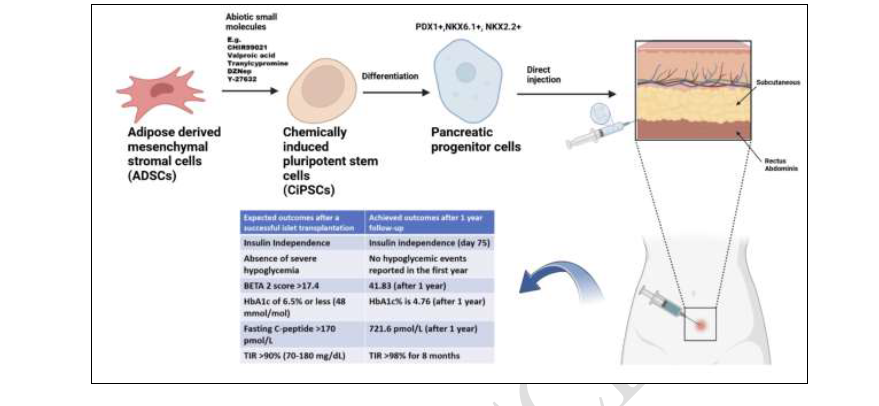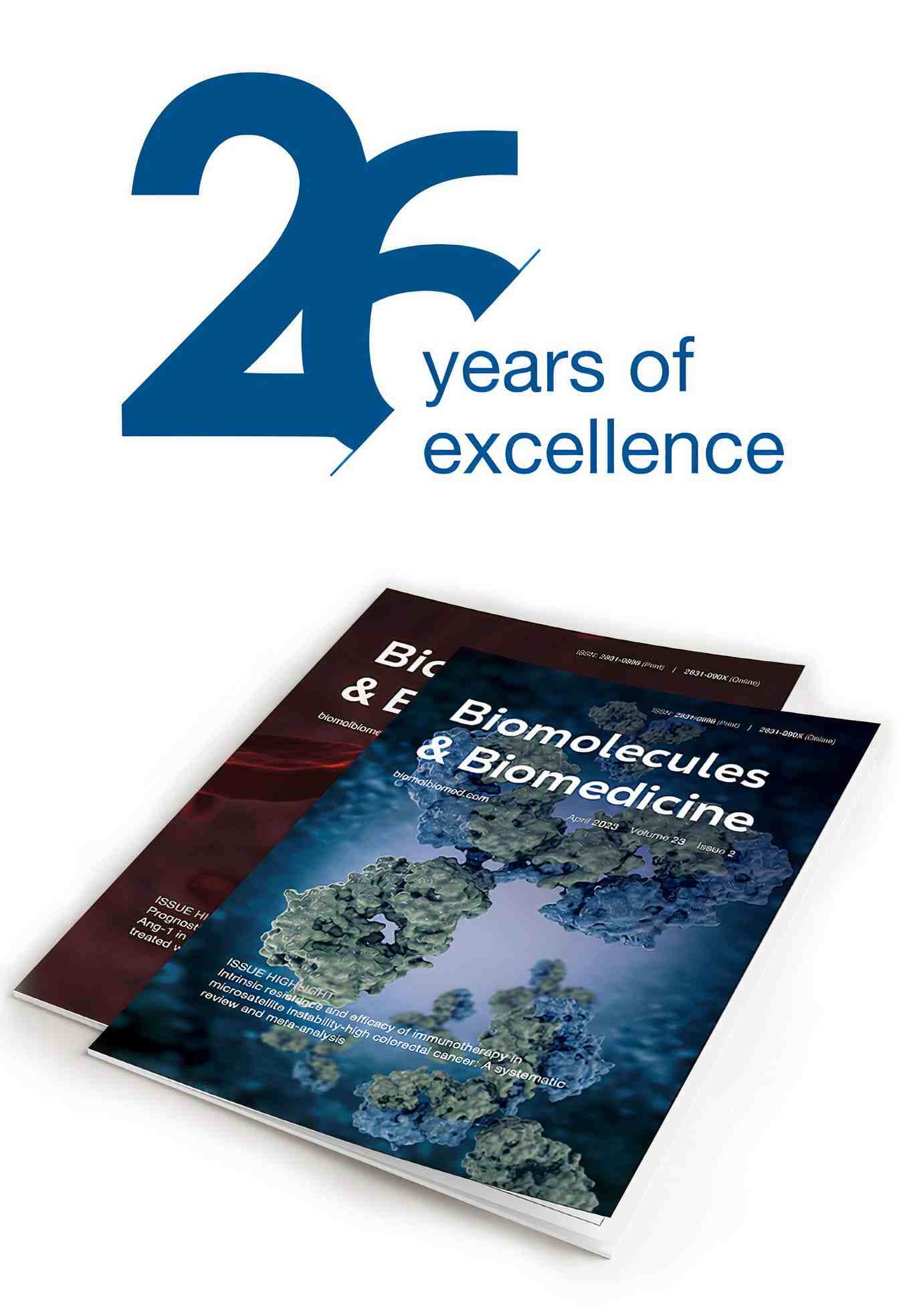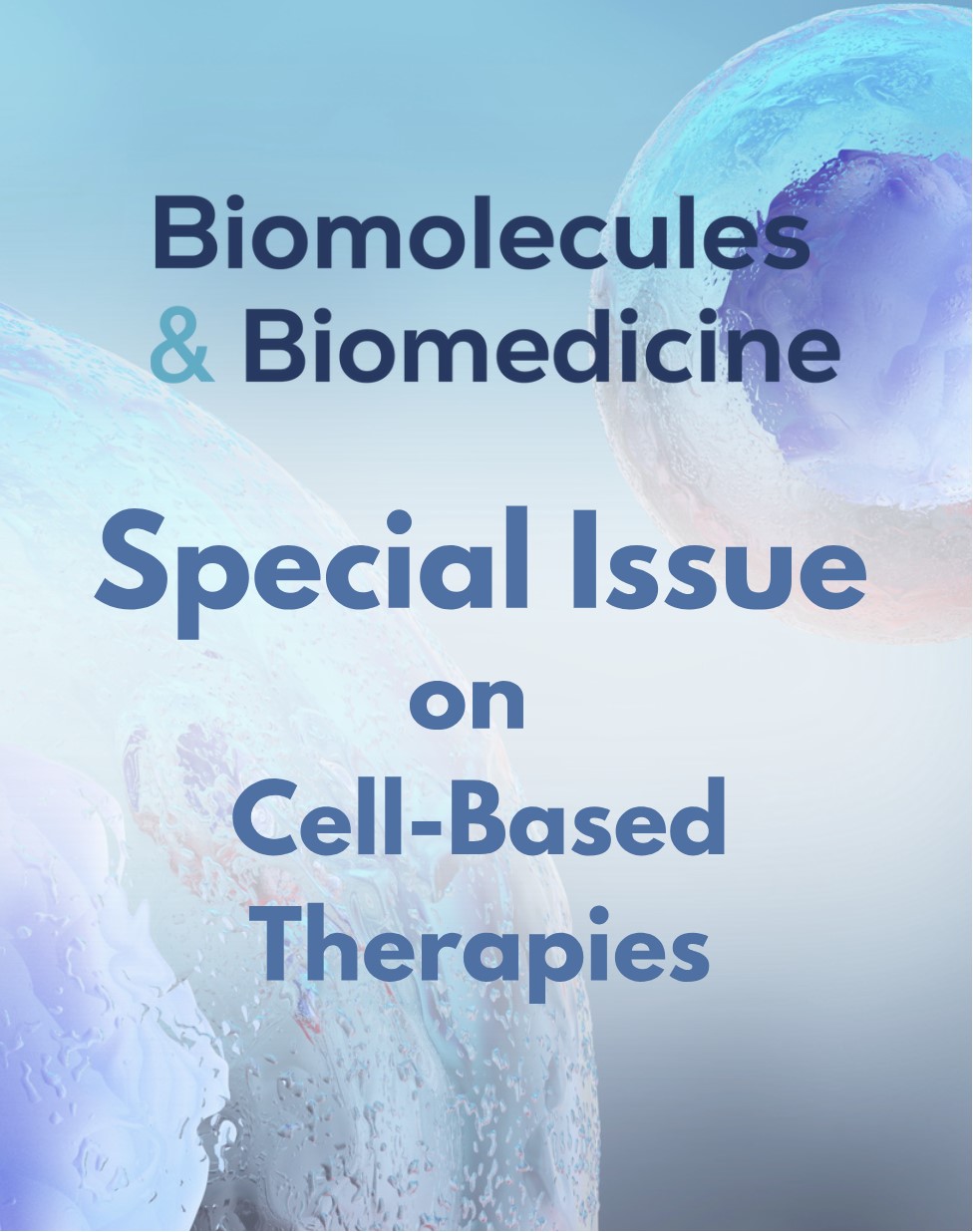Recent advances in stem cell-based therapies for type 1 diabetes: A glimpse into the future
DOI:
https://doi.org/10.17305/bb.2025.12222Keywords:
Type 1 diabetes mellitus, T1DM, stem cells, encapsulation, immunosuppression, pancreatic beta cellsAbstract
Type 1 diabetes mellitus (T1DM) is a serious, chronic metabolic and autoimmune disease that affects millions globally. While insulin administration remains the most effective treatment, it is not a cure. Long-term therapies, such as immunotherapy, can be effective for some patients, but they have notable limitations and do not provide a permanent solution. As a result, current research has shifted towards stem cell-based therapies, which offer a potentially expandable and scalable source of pancreatic beta cells. These therapies aim to restore long-term endogenous β-cell function in all T1DM patients, provided they can avoid immune recognition and rejection by the host. In this review, we will discuss the latest first-in-human successes of stem cell therapies for T1DM. We will then explore stem cell-derived islet encapsulation technologies and hypoimmune stem cells, examining how they might overcome the need for immunosuppressive therapy. Additionally, we will provide a summary of recent and ongoing biopharmaceutical industry pipelines and clinical trials for stem cell therapies aimed at treating T1DM. These advances suggest that stem cell therapies offer a promising and highly effective approach to treating patients with this chronic disease. However, large-scale clinical trials over the long term are necessary to verify these early successes and assess the curative potential of stem cell therapy for T1DM.
Citations
Downloads

Downloads
Published
License
Copyright (c) 2025 Ahmed Hassanein, Saghir Akhtar

This work is licensed under a Creative Commons Attribution 4.0 International License.









